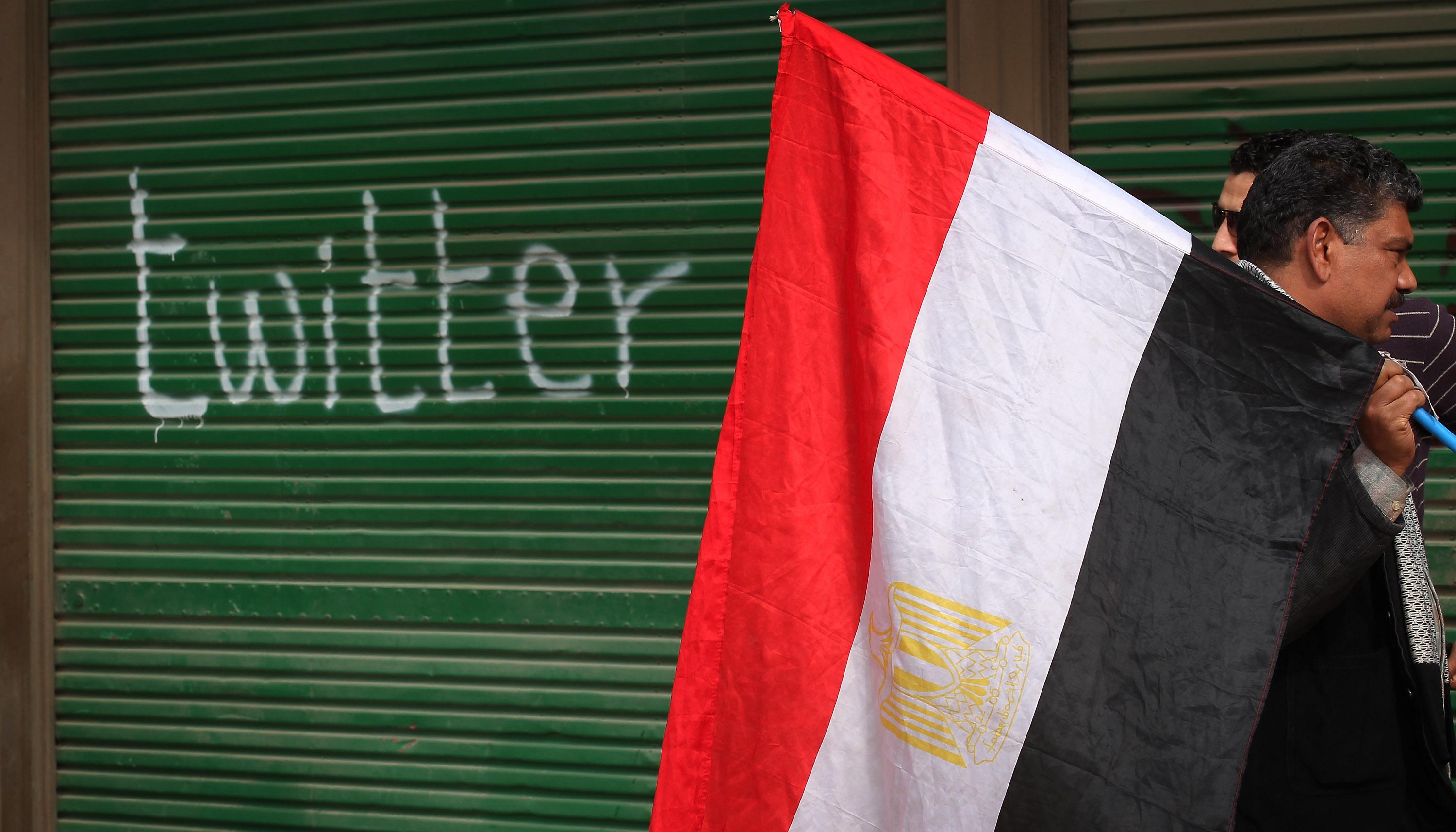I’ve written a bit before on this blog about the ineffectiveness of governments doing things like blocking Twitter or shutting down the Internet entirely during political crises. But in a new article for the journal Political Communication, Yale Ph.D. candidate Navid Hassanpour takes this further by arguing that information blackouts actually aid political protesters. “Disrupting media and mobile communications promotes local mobilization, helps empower the radicals, and increase the dispersion of protests,” he writes.
Some historical examples seem to bear this out. The largest demonstrations of the Iranian Revolution of 1979 took place during an information blackout caused by a journalists strike. Pamphlets and samizdat audio cassettes filled the vacuum. Newspapers in Petrograd also ceased publication for a week that corresponded with some of the earliest protests of the Russian Revolution in February 1917.
According to Hassanpour’s hypothesis, when normal methods of spreading information are cut off, it “forces citizens to rely on each other for gaining information about the political and social atmosphere, while the state is deprived of its direct and indirect propaganda and supervision tools. In such a situation, citizens are influenced by their peers including their radical neighbors in their local networks.” It also disperses people geographically. Individuals have to leave their homes to figure out what is going on or find family members, which can cause large crowds to assemble.
The central example of Hassanpour’s paper was Hosni Mubarak’s move to shut down Internet and mobile phone service entirely in Egypt on Jan. 28, 2011. Three days earlier a social media campaign organized by the April 6 Youth Movement had been instrumental in organizing large protests in Tahrir Square. But rather than stalling the movement, the government’s shutdown of the means of communications seemed to accelerate it. Partly, this was the result of activists figuring out ways to circumvent the ban. But partly, it was a result of people going out on the street and talking to each other.
He writes:
On the 28th those worried about their friends and family members participating in protests, could not reach them via cell phones, and had to join the crowds in streets to find out about their acquaintances (Shehata et al. 2011). In hazardous conditions of the ongoing stand off across the city, focal points on the local level became gathering locations. Many congregated in local squares, strategic buildings, and mosques instead of trying to reach Tahrir (Historical New York Times n.d., Al-Masry Al-Youm n.d.).18 Radicals became more effective on the local level, because they could directly contact more people on the ground. Moreover the networks underlying collective action and news propagation became smaller and more diffuse, making it more difficult for the regime to contain the protests.
As observer Peter Bouckaert of Human Rights Watch put it on that day, “It’s clear that the very extensive police force in Egypt is no longer able to control these crowds. There are too many protests in too many places.”
Hassanpour’s idea is encouraging, in that it suggests that efforts by dictators to shut down communication will be ineffective. But there’s also something disconcerting about the idea that political mobilization can be most effective when its participants are not very well-informed. When participants have an inflated view of their own movement’s power or the weakness of their adversary, this can become something of a self-fulfilling prophecy as it draws more participants in. After all, as Hassanpour notes, the Berlin Wall finally came down in large part because East German citizens had been given misleading information. (There’s also research to suggest that conspiracy theories and those who spread them can at time be uniquely useful in anti-authoritarian movements.)
Thomas Jefferson may have been right that “Whenever the people are well informed, they can be trusted with their own government”—neither Russia in 1917, nor Iran in 1979, nor Egypt in 2011 wound up with particularly democratic regimes after their revolutions—but if the goal is simply to overthrow those in power, the uninformed can sometimes be more useful.
